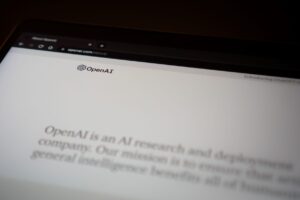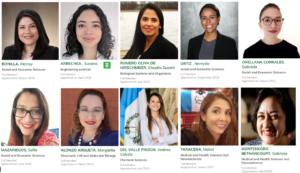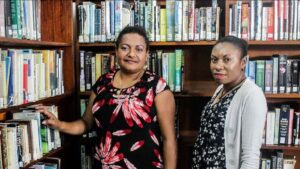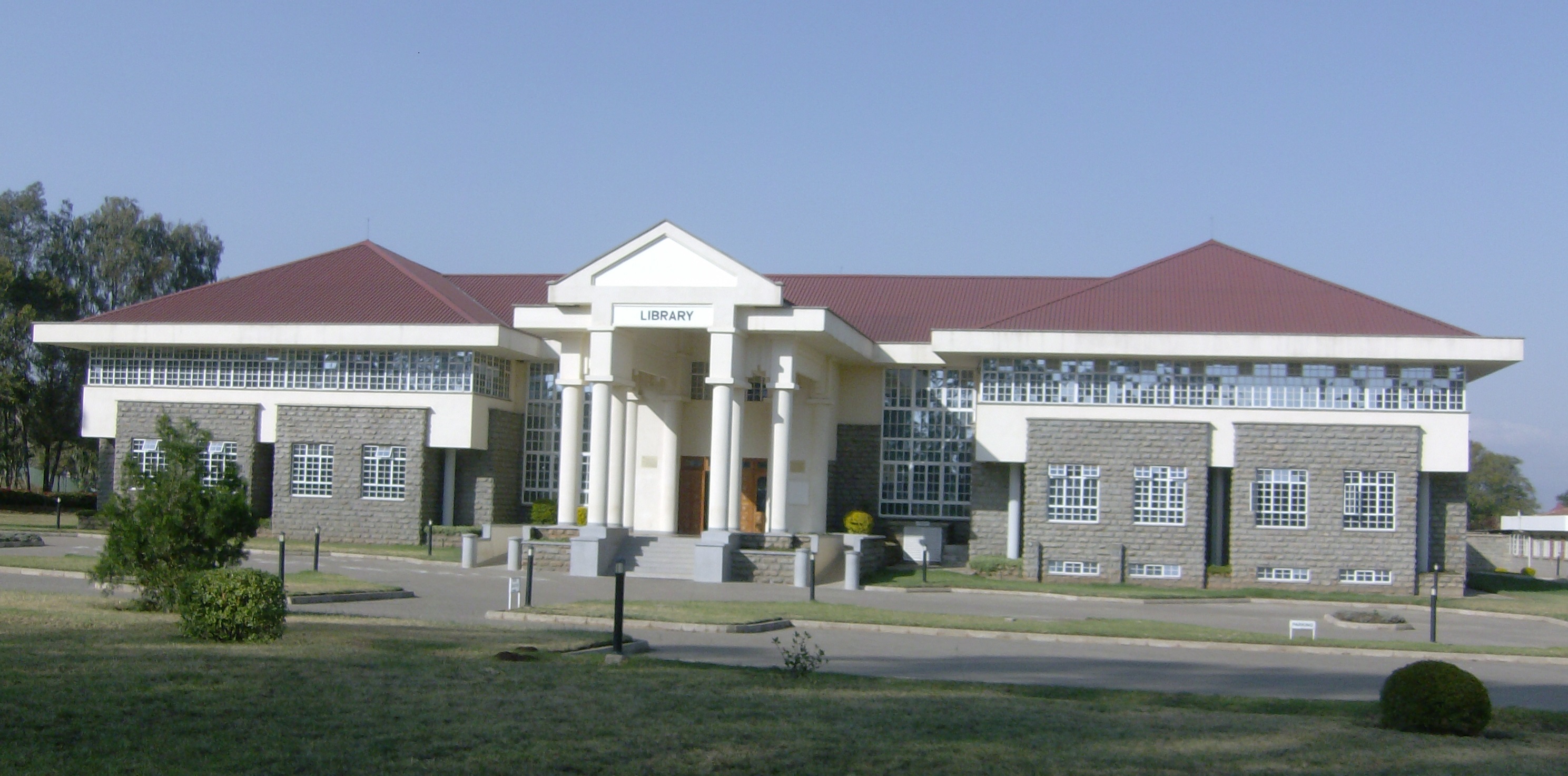
Strengthening libraries improves research access in Kenya
Dr Beatrice Achieng’ Odera-Kwach – the Senior Assistant Commission Secretary/Head of Department for Library and Information Services at the Commission for University Education in Nairobi, Kenya – shares her view on how strengthening libraries can help to overcome the challenges to research access in Kenya.
Improved access to published research supports national and international development by improving education, accelerating discoveries and facilitating the sharing of knowledge. So, what concrete actions can be taken to enhance provision of and access to research literature in Kenya?
There are many challenges to the research and knowledge sector in Kenya. Prominent among these is inadequate funding of research which means that many universities struggle to afford what, with their limited budget allocations, are prohibitive subscription costs for international published electronic journals and books. This problem must be confronted, and I believe that library consortia have a key role to play in overcoming it.
Connecting research access to international development
My daily work involves regulating university education and ensuring that universities in Kenya comply with minimum standards for quality. To do this, I make sure that universities provide a library building for students and staff, as well as providing appropriate, relevant and up-to-date research literature (both print and electronic). I also ensure that universities are developing and teaching the Information Literacy Curriculum.
Accreditation and quality assurance directly relates to the fourth Sustainable Development Goal (SDG), which states: “Ensure inclusive and equitable quality education and promote lifelong learning opportunities for all”. Indeed, the provision of quality university libraries is necessary to ensure that Kenyan students acquire the knowledge and skills needed to promote sustainable development. I believe that access to high-quality research and knowledge is the catalyst for eliminating extreme poverty, reducing pervasive inequality and protecting our planet.
Improving research access in Kenya
The Kenya Library and Information Services Consortium (KLISC) provides access to over 46,000 online journals and books for its member institutions. By joining the consortium and pooling their limited budgets, KLISC member institutions are able to greatly enhance access to published research in peer-reviewed scholarly and technical journals for Kenyan researchers. In recognition of the importance that access to research information plays in raising the quality of academic libraries and thus their institutions, membership of KLISC is now a requirement for accreditation as a higher education institution in Kenya. In order for access to research information to be truly impactful, it is vital that students and staff at universities are given the training they need to be able to access and use electronic resources, hence the requirement for Information Literacy training.
Alongside supporting KLISC and its member institutions to facilitate access to up-to-date published research, for the last 15 years INASP has also worked with KLISC to provide training and skills building in a range of areas including promotion and marketing of electronic resources and information literacy. As KLISC has grown to become an increasingly strong and independent organization the consortia is now able to replicate and scale-up this training among its members ensuring that students and staff possess the skills they need to utilize the research resources available to them.
Beyond access
In addition to the challenges of affording access to research information, the high publication fees of many open-access journals can make it difficult for Kenyan researchers to publish their work. This means that important scientific discoveries are not being shared with the wider research community. Reduced publication fees for developing country researchers in open-access, peer-reviewed journals would therefore remove a huge barrier for these researchers when it comes to publishing their work. Related to this, many of the journals in Kenyan universities are not accredited and therefore a huge amount of our research outputs are not shared internationally. I believe there is a need to capture local journals in international bibliographical databases, such as Clarivate’s Web of Science and Elsevier’s Scopus in order to raise the visibility of our local research outputs.
INASP is helping to address challenges with getting researchers published and boosting the quality and visibility of Southern publishing through the AuthorAID and Journals Online projects respectively.
Information is power
I get so inspired when I go to universities and see how students and researchers are utilizing the library and information resources available to them. It is so satisfying to know that I helped construct and stock these beautiful buildings where knowledge is discovered, shared and published. I firmly believe that information is power, and it is wonderful to know that I can touch lives by working to ensure adequate funding for the library and information services.
———
Based in Nairobi, Dr Beatrice Achieng’ Odera-Kwach evaluates proposals to establish universities and inspects existing universities to ensure conformance to minimum standards. She is also responsible for developing and reviewing standards and guidelines for university libraries and for training experts.
Dr Beatrice Achieng’ Odera-Kwach will be speaking at the Publishers for Development conference on 11 July 2017.

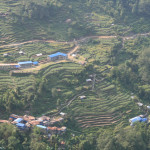 Previous Post
Previous Post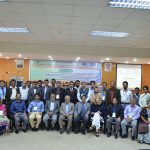 Next Post
Next Post